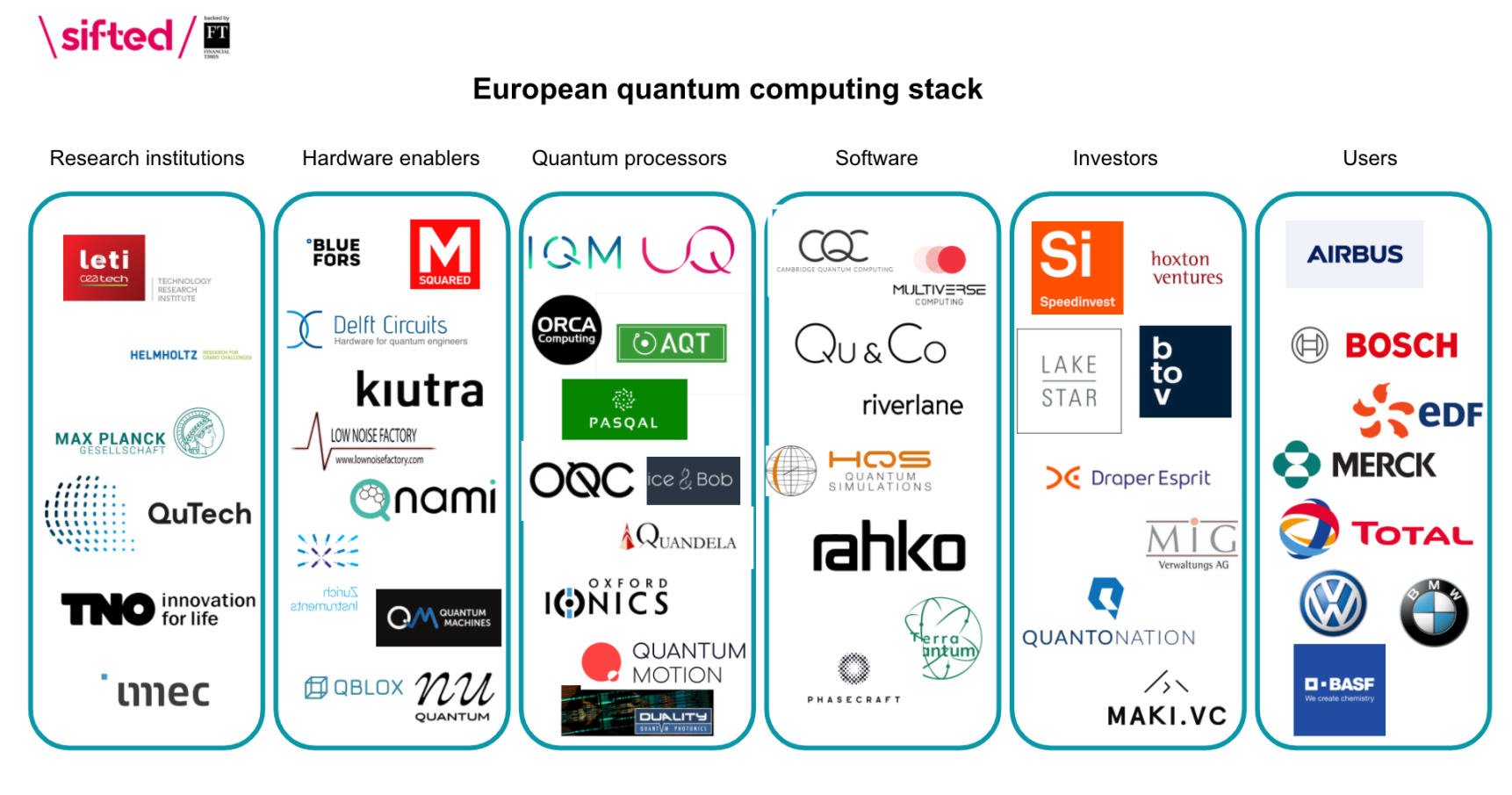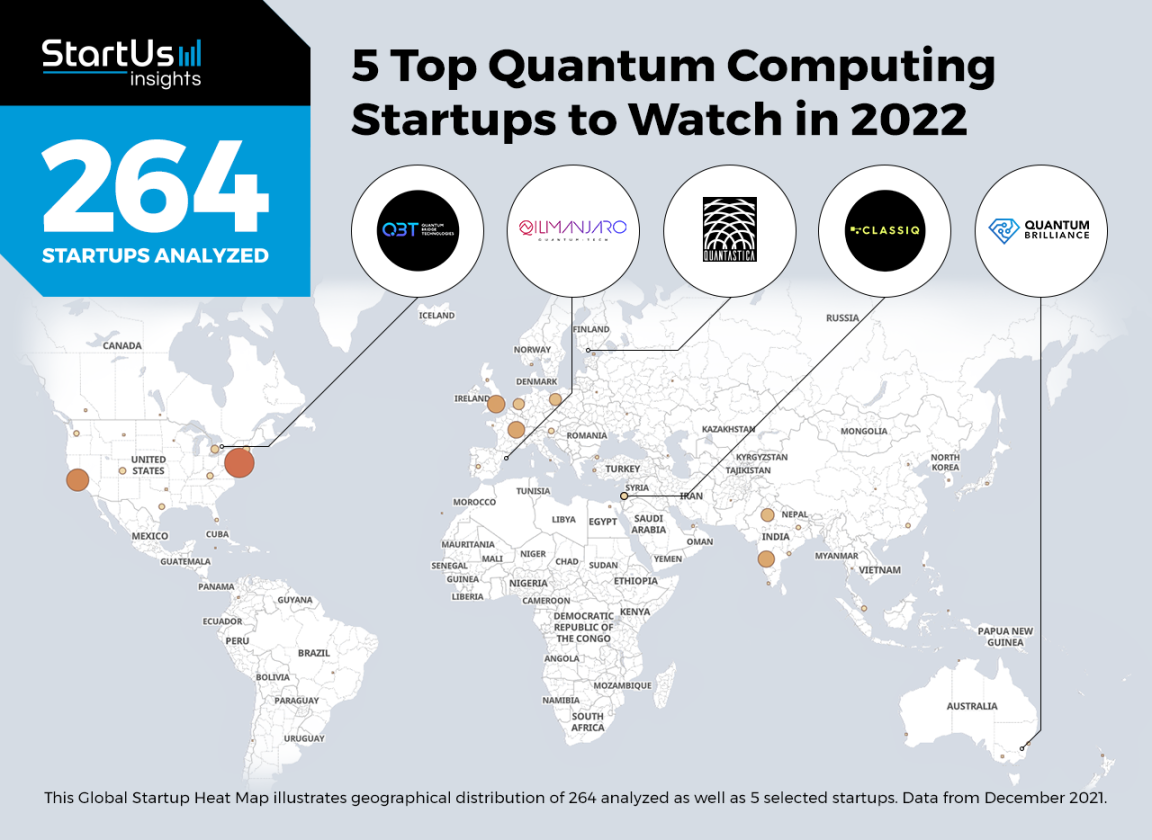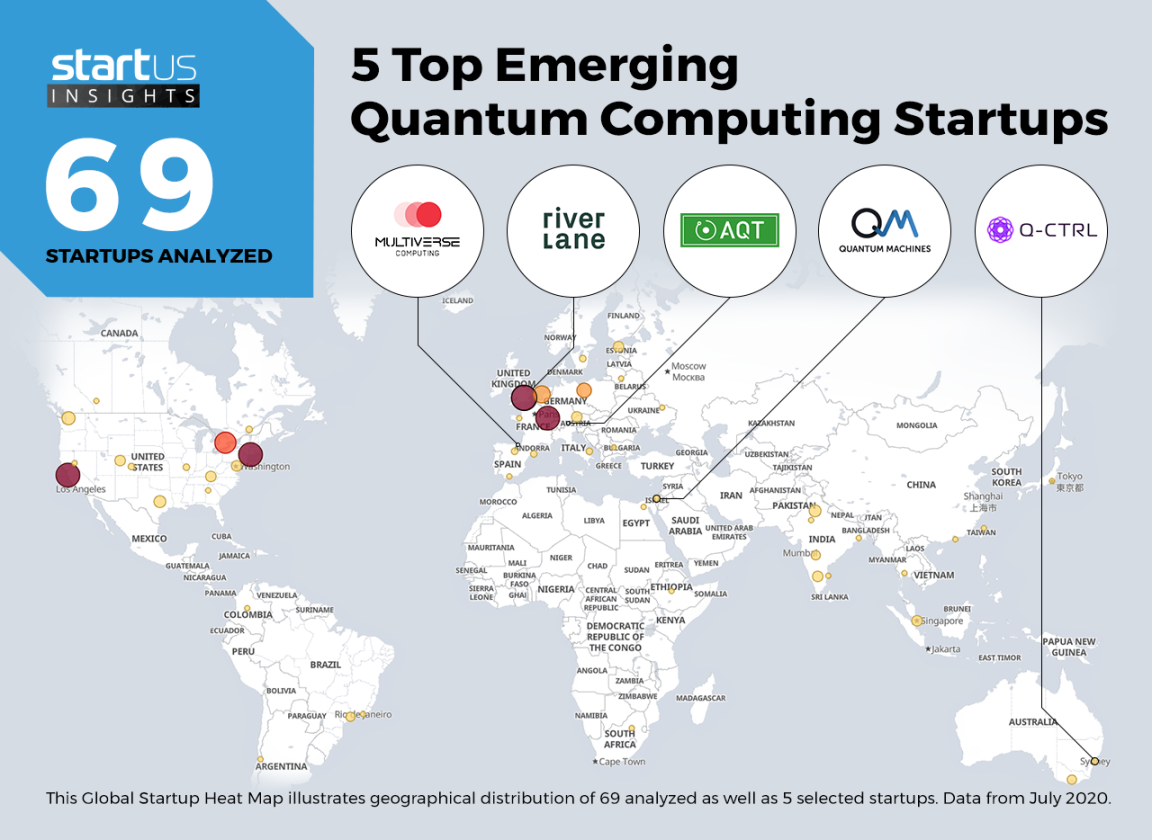Quantum Computing Startups
Introduction
Quantum computing has emerged as a new frontier in the world of technology, promising to revolutionize various industries with its exceptional computational power. With the potential to solve complex problems that are currently impossible for classical computers, quantum computing has attracted the attention of numerous startups. These companies are actively working towards developing quantum hardware, software, and applications to harness the power of quantum technology. In this article, we will explore the world of quantum computing startups, their goals, achievements, and the challenges they face.
What is Quantum Computing?
Quantum computing is a field that utilizes the principles of quantum mechanics to perform computations. Unlike classical computers that use bits for processing information, quantum computers use quantum bits or qubits. Qubits can exist in multiple states simultaneously, enabling parallel processing and exponentially increasing computational power. This unique property of qubits allows quantum computers to solve complex problems much faster than classical computers.
How does Quantum Computing Work?

Quantum computing relies on the principles of superposition and entanglement. Superposition allows qubits to exist in multiple states at once, while entanglement enables the correlation between qubits, even if they are physically separated. By manipulating these states and correlations, quantum computers can perform complex calculations with remarkable speed and efficiency.
What is Known about Quantum Computing Startups?
The field of quantum computing startups is rapidly growing, with numerous companies making significant advancements. Some of the well-known quantum computing startups include Rigetti Computing, IonQ, D-Wave Systems, and Q-CTRL. These companies are at the forefront of quantum technology and are actively developing quantum hardware, software, and applications for various industries.
Solution Offered by Quantum Computing Startups

Quantum computing startups offer solutions that leverage the power of quantum technology to solve complex problems. These solutions include quantum algorithms, quantum simulators, and quantum processors. Quantum algorithms provide efficient ways to solve problems in various domains, including optimization, cryptography, and machine learning. Quantum simulators allow researchers to simulate and study quantum systems, aiding in the development of new applications. Quantum processors are the physical hardware that perform quantum computations.
Further Information on Quantum Computing Startups
Quantum computing startups are focused on tackling the challenges associated with developing scalable and reliable quantum systems. They invest heavily in research and development to improve the performance of their quantum processors and optimize the software for quantum applications. These companies work closely with academic institutions and research organizations to drive advancements in the field.

One notable startup, Rigetti Computing, aims to build the world’s most powerful computers by harnessing the potential of quantum technology. They have developed a quantum cloud platform that allows users to access their quantum computers via the cloud. Rigetti focuses on both hardware and software development, striving to create a complete ecosystem for quantum computing.
IonQ, another prominent startup, is working on developing trapped-ion quantum computers. These computers use individual ions as qubits, offering excellent coherence and scalability. IonQ has made significant progress in increasing the number of qubits and reducing error rates in their quantum processors, positioning themselves as a leader in the trapped-ion quantum computing domain.
D-Wave Systems, on the other hand, specializes in quantum annealing, a different approach to quantum computing. Their systems are designed to solve optimization problems and have been employed in areas such as finance, healthcare, and logistics. D-Wave’s quantum annealers have been used by various organizations to tackle real-world problems more efficiently.
Q-CTRL is a startup that focuses on solving the challenges associated with quantum noise. Quantum systems are highly sensitive to external disturbances, which can introduce errors in computations. Q-CTRL offers solutions to mitigate these errors and improve the performance of quantum systems. Their expertise in quantum control has positioned them as a crucial player in the field.
Conclusion
Quantum computing startups are paving the way for a future where quantum technology transforms various industries. Their relentless efforts in developing scalable quantum hardware, efficient algorithms, and robust software are bringing us closer to realizing the full potential of quantum computing. With each breakthrough, these startups are pushing the boundaries of what is possible and charting a course towards a new era of computing.
Frequently Asked Questions
1. How is quantum computing different from classical computing?
Quantum computing utilizes qubits that can exist in multiple states simultaneously, whereas classical computing uses classical bits that represent either 0 or 1. This fundamental difference allows quantum computers to perform computations much faster than classical computers for certain problems.
2. What are the potential applications of quantum computing?
Quantum computing has the potential to revolutionize various industries, including cryptography, drug discovery, optimization, and machine learning. It can solve complex problems that are currently infeasible for classical computers, leading to advancements in many domains.
3. How long will it take for quantum computers to become mainstream?
The timeline for mainstream adoption of quantum computers is uncertain. While significant progress has been made by startups and research institutions, there are still many technical challenges to overcome before quantum computers can be widely accessible and practical for everyday use.
4. Are quantum computers a threat to cybersecurity?
Quantum computers have the potential to break certain cryptographic algorithms that are currently used to secure sensitive information. This has prompted researchers to develop quantum-resistant algorithms to ensure future cybersecurity. However, quantum computers can also enhance cybersecurity through the development of more secure encryption protocols.
5. Can quantum computers replace classical computers entirely?
Quantum computers are not expected to replace classical computers entirely. While they excel at solving certain types of problems, classical computers are still more efficient for many everyday tasks. It is envisioned that quantum and classical computers will work together, with each being used for their respective strengths.